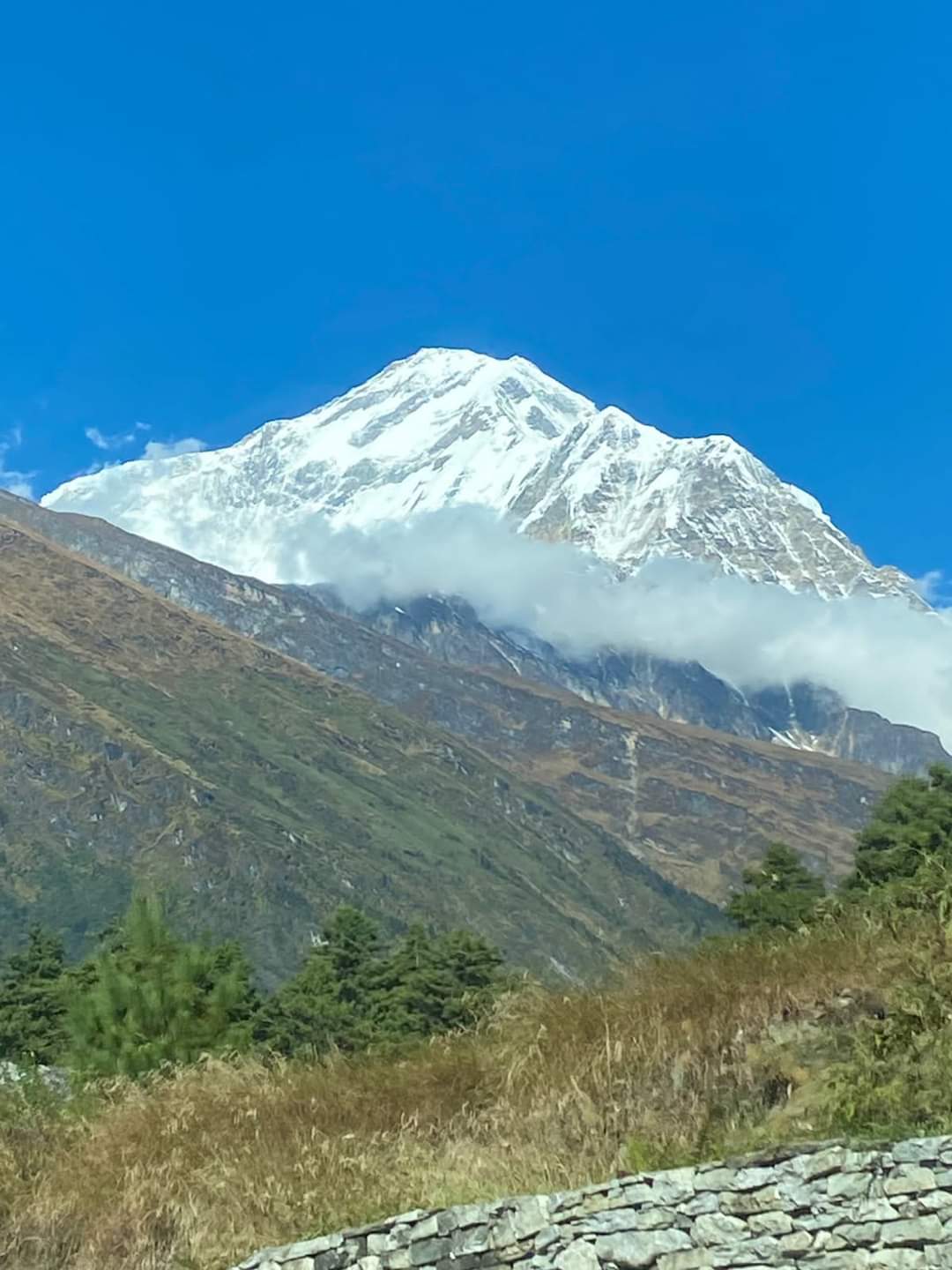As world leaders, scientists, and climate activists gather for COP29, the effects of the climate crisis on the cryosphere—Earth's frozen regions—are increasingly coming under the spotlight. The cryosphere, encompassing glaciers, ice sheets, snow cover, sea ice, and permafrost, holds a staggering 70% of the Earth’s freshwater within its ice formations. This vast reserve is essential for supporting ecosystems and livelihoods worldwide, from coastal fisheries to agriculture-fed mountain rivers. But as greenhouse gas emissions accelerate climate change, these critical frozen reservoirs are melting at an alarming rate, threatening both local and global communities with a range of socio-environmental impacts, including sea-level rise, reduced freshwater access, intensified weather patterns, and severe biodiversity losses. This COP29, attention is focused not only on these effects but also on how climate-induced cryosphere changes impact vulnerable groups, particularly women.
The Global Consequences of a Thawing Cryosphere
Greenhouse gas emissions are significantly altering the cryosphere, leading to warmer global temperatures and, in turn, speeding up the melting of ice and snow. As glaciers and polar ice sheets shrink, they contribute to rising sea levels, which jeopardize the homes and economies of millions, especially in low-lying regions and island nations. Coastal cities from Miami to Dhaka are already experiencing more frequent floods, while small island nations like the Maldives and Tuvalu face the threat of total inundation within the century.
For many communities, especially those in high-altitude regions such as the Andes, the Himalayas, and the Alps, glaciers are a critical freshwater source. Their rapid melting threatens water security for millions, impacting agriculture, drinking water, and hydropower generation. In addition to rising sea levels, permafrost thaw—particularly in the Arctic—is releasing stored methane and carbon dioxide, potent greenhouse gases that exacerbate global warming. This feedback loop intensifies the warming process, creating more extreme weather patterns and potentially driving species extinction as ecosystems struggle to adapt to changing conditions.
Gender, Vulnerability, and Climate Change at COP29
As COP29 emphasizes equitable climate solutions, gender considerations have taken on increased significance. Climate change impacts women disproportionately, especially in developing regions. Women often play a crucial role in managing household resources like water, food, and energy. In cryosphere-affected areas, as resources dwindle, women may spend longer hours fetching water or collecting food, restricting their opportunities for education and economic development.
In high-altitude communities, where climate-induced water scarcity directly affects agriculture, women are particularly vulnerable as they frequently make up a large portion of the agricultural workforce. Losses in agricultural productivity impact family income and food security, increasing the burden on women to manage household needs with fewer resources. COP29 discussions around climate finance and adaptation strategies aim to prioritize gender equity, ensuring that climate policies provide support for women in these high-risk regions and empower them as leaders in local climate adaptation efforts.
Indigenous Knowledge and Gender-Inclusive Adaptation
Indigenous communities are often the first to witness and respond to changes in the cryosphere, having a deep understanding of the lands and ecosystems they inhabit. Women within these communities play essential roles in preserving and passing down knowledge related to water conservation, sustainable agriculture, and biodiversity. COP29 aims to leverage this indigenous knowledge, integrating it into broader climate adaptation strategies.
In the Himalayas, for example, indigenous women have adopted traditional water-sharing practices to cope with shrinking glaciers, while in the Andes, female-led communities have developed unique agricultural techniques that conserve soil moisture. By integrating these indigenous practices, climate adaptation efforts become more sustainable and culturally sensitive, helping local communities to better withstand the impacts of cryosphere loss.
The Path Forward at COP29: Climate Finance and Cryosphere Research
COP29 presents a crucial opportunity to push for increased climate financing directed at cryosphere research, adaptation, and mitigation. Funding is essential for supporting scientific research on ice sheet stability, glacier retreat, and permafrost thaw, as well as for implementing technologies and strategies to monitor these changes. In addition to scientific research, there’s a growing call to fund gender-responsive adaptation initiatives that empower women to lead in their communities’ response to climate threats.
Moreover, advocates are pressing for the establishment of early warning systems in vulnerable regions to alert communities about extreme weather events resulting from cryosphere changes. Such systems can play a critical role in protecting lives and assets, particularly in coastal regions and small island states where sea level rise poses immediate risks.
A Global Responsibility
The rapid changes in the cryosphere remind us that all nations, regardless of their geographic location, are stakeholders in addressing climate change. Nations in the Global North, which have contributed most significantly to greenhouse gas emissions, bear a particular responsibility to lead mitigation efforts, reduce emissions, and fund adaptation measures for affected communities in low level developing countries like Nepal.
As COP29 continues, it is a call to action not only for governments but also for individuals to advocate for policies that prioritize climate justice, gender equity, and the preservation of the cryosphere. The interconnectedness of climate impacts means that what happens to glaciers and ice sheets is not isolated; it impacts every living being on Earth. This COP, let us recognize our shared responsibility to protect the cryosphere, ensure gender equity in climate adaptation, and build a sustainable, resilient future for all.